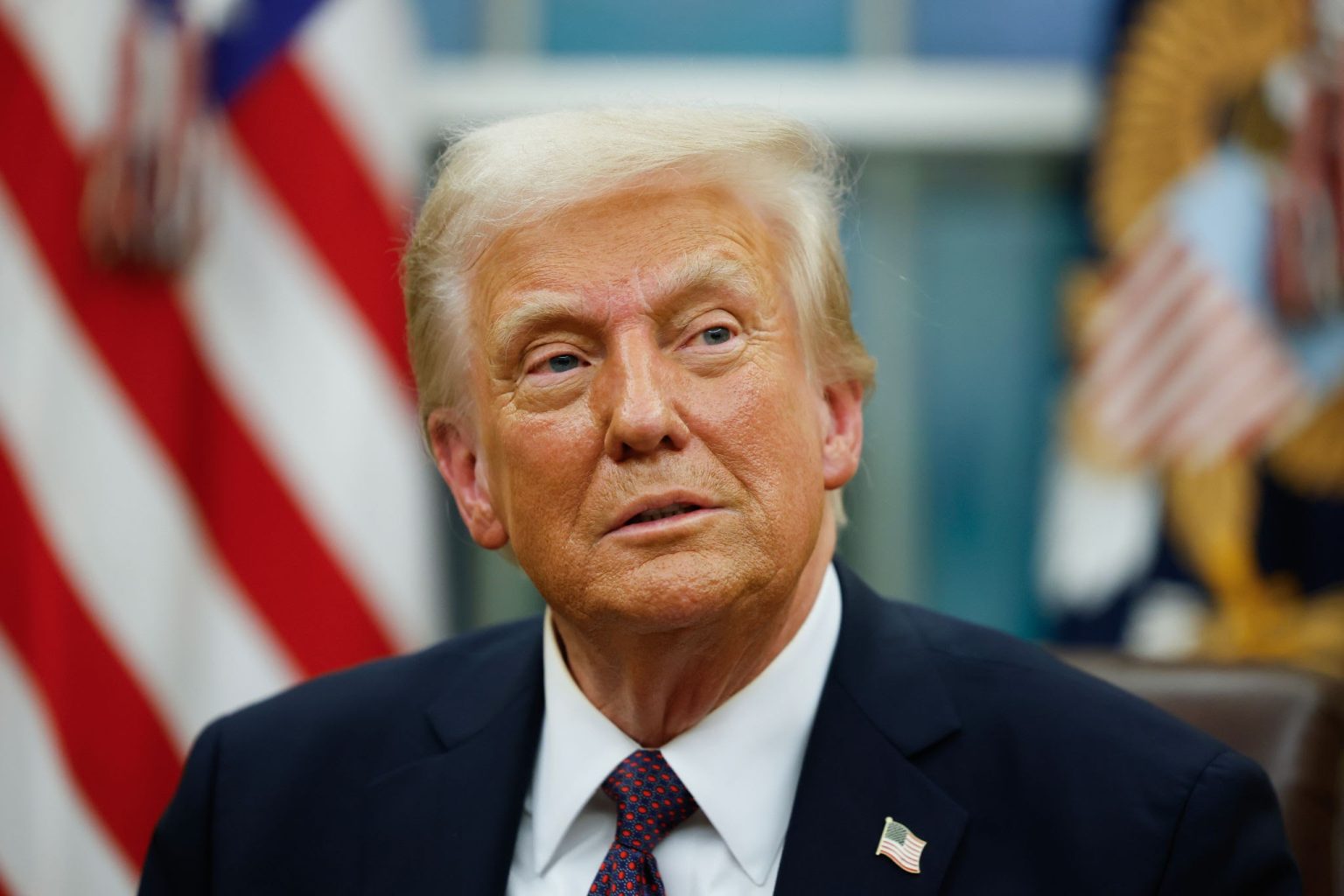Trump Revives Travel Ban: 12 Countries Barred From Entering U.S., Including Seven African Nations
In a sweeping and controversial move, U.S. President Donald Trump has reinstated a travel ban for 12 countries, citing national security concerns and the need to protect American interests. The executive proclamation, signed late Wednesday, marks a revival of one of Trump’s most contentious policies from his first term in office.
The ban, which takes effect at 12:01 a.m. on Monday, impacts a wide swath of the globe, with a notable focus on African nations. Out of the 12 countries now fully barred, seven are located in Africa, reigniting fears of discriminatory immigration practices and renewed debate over the human cost of national security policies.
The 12 Countries on the Full Ban List
The countries affected by the new travel ban include:
- Afghanistan
- Myanmar (Burma)
- Chad
- Republic of the Congo
- Equatorial Guinea
- Eritrea
- Haiti
- Iran
- Libya
- Somalia
- Sudan
- Yemen
Additional Countries Face Partial Restrictions
In addition to the outright ban, seven other countries face enhanced restrictions, including limits on permanent immigration and certain visa categories. These are:
- Burundi
- Cuba
- Laos
- Sierra Leone
- Togo
- Turkmenistan
- Venezuela
These restrictions, according to administration officials, aim to prevent security lapses by tightening immigration protocols and vetting processes for travellers from nations identified as posing potential risks to the United States.
Trump’s Justification: National Security First
In the signed proclamation, President Trump stated:
“I must act to protect the national security and national interest of the United States and its people.”
The decision stems from a January 20, 2025, executive order that directed the Departments of State and Homeland Security, along with the Director of National Intelligence, to conduct a risk assessment on countries exhibiting “hostile attitudes” toward the United States. The final list reflects findings of that security review.
Historical Echoes: A Return to a Controversial Legacy
The new travel ban is being viewed as a resurrection of the 2017 executive order issued during Trump’s first term, which originally blocked travel from seven predominantly Muslim-majority countries. That earlier policy led to chaos at airports around the world, where students, business travellers, and even green card holders were detained or denied entry into the U.S.
That order, dubbed by critics as the “Muslim Ban,” was legally challenged multiple times and went through several revisions before a version was ultimately upheld by the U.S. Supreme Court in 2018.
The 2017 list included:
- Iraq (later removed),
- Syria,
- Iran,
- Sudan,
- Libya,
- Somalia,
- Yemen
It also later expanded to include North Korea and certain Venezuelan officials.
African Nations Bear the Brunt
This latest version of the ban again disproportionately affects African countries, leading critics to accuse the Trump administration of repeating the same discriminatory patterns.
Among the African countries facing a full ban:
- Chad
- Republic of the Congo
- Equatorial Guinea
- Eritrea
- Libya
- Somalia
- Sudan
Read Also:
Elon Musk blasts Trump’s spending bill as “disgusting abomination”
Trump administration opens 23 million acres of Alaska to oil drilling
OECD lowers global forecast as Trump trade war slows U.S. growth
Backlash from Civil Rights Groups and Global Leaders
Immigration advocates, legal experts, and human rights organizations have swiftly condemned the new policy.
The American Civil Liberties Union (ACLU) issued a statement Thursday morning calling the ban “a blanket act of discrimination disguised as national security.”
“This is a policy that lacks both humanity and evidence,” said ACLU director Omar Jamal. “It targets nations already grappling with internal challenges and sends a chilling message to refugees, students, and families around the world.”
International backlash has also begun to mount. Leaders from Iran, Somalia, and Sudan issued formal diplomatic objections. The African Union is expected to address the matter at its upcoming summit, calling it “a troubling setback for global cooperation.”
Analysts: Political Strategy or Security Safeguard?
Political analysts suggest that the ban could also be a strategic move ahead of the 2026 midterm elections. With immigration again becoming a hot-button issue, this action may appeal to Trump’s political base, particularly voters concerned with border security and foreign policy.
However, critics argue the move does little to address real threats and instead reignites divisive rhetoric.
“National security cannot be used as a cover for racial or religious discrimination,” said former Homeland Security official Linda Evans. “Real safety comes from intelligence cooperation and community building — not blanket bans.”
What Happens Next?
Legal challenges are likely imminent. Several civil rights groups have hinted at lawsuits that could delay or derail the policy’s full implementation. Meanwhile, affected travellers are scrambling to adjust their plans, with some cancelling visits, studies, and business trips.
U.S. embassies in the 12 banned countries have suspended visa appointments pending further guidance, leaving thousands in limbo.
For many, the policy resurrects painful memories from 2017 and raises renewed fears about a global order increasingly shaped by unilateralism and exclusion.
Whether the travel ban will survive legal and political scrutiny remains to be seen. But one thing is clear: the implications stretch far beyond immigration offices. The decision will shape diplomatic relationships, impact global perceptions of U.S. leadership, and test the country’s commitment to values of openness and fairness.
As the world watches, the U.S. faces a pressing question: Can security be achieved without sacrificing its soul?
Follow New Daily Prime for continuous coverage on immigration, diplomacy, and U.S. foreign policy.



